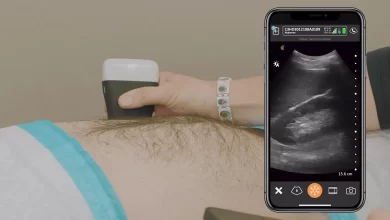Overcoming Benzodiazepine Addiction: A Comprehensive Guide

Benzodiazepines, often referred to as “benzos,” are a class of drugs prescribed to treat conditions like anxiety and insomnia. However, their potential for addiction and dependence has become a significant health concern. If you or someone you know is grappling with benzodiazepine addiction, this comprehensive guide will outline the steps and strategies necessary for a successful recovery journey.
Understanding Benzodiazepine Addiction
Benzodiazepine addiction can sneak up on individuals, often starting with a legitimate prescription. Over time, the body can build up a tolerance, leading to higher dosages and, eventually, dependency. Recognizing the signs of addiction, which include increased dosage without medical guidance, withdrawal symptoms, and an inability to quit despite negative consequences, is the first step towards recovery.
Withdrawal Symptoms
Withdrawal from benzodiazepines can be challenging and, in some cases, dangerous. Symptoms may include anxiety, insomnia, tremors, and, in severe cases, seizures. Due to these potential risks, it is crucial to seek professional benzodiazepine addiction treatment rather than attempting to quit cold turkey.
Treatment OptionsMedical Detox
The initial phase of treatment often starts with a medical detox, where the drug is gradually tapered off under medical supervision. This controlled approach helps manage withdrawal symptoms and ensures the safety of the individual.
Therapy
After detox, therapy is a core component of treatment. Cognitive-behobic therapy (CBT) is widely used to address the psychological aspects of addiction, helping individuals understand their triggers and develop healthier coping mechanisms.
Medication-Assisted Treatment (MAT)
In some cases, MAT may be used to alleviate withdrawal symptoms and reduce cravings. This must be managed by healthcare professionals and tailored to the individual’s needs.
The Road to Recovery
Recovery from benzodiazepine addiction is a long-term process that requires ongoing support. Joining support groups, such as 12-step programs or other recovery communities, provides a network of individuals who understand the challenges of addiction.
Lifestyle Changes
Making healthy lifestyle changes can also support recovery. Regular exercise, a balanced diet, and good sleep hygiene can improve mood and reduce stress, making it easier to maintain sobriety.
Continuous Support
Ongoing therapy or counseling, even after the initial treatment phase, can provide continued guidance and support. It’s important to stay proactive and utilize resources available, such as outpatient programs and sober living homes, if needed.
Conclusion
Overcoming benzodiazepine addiction is a formidable challenge, but with the right support and treatment, recovery is possible. It’s a journey that requires patience, commitment, and a willingness to seek help. If you or a loved one is struggling with addiction, reach out to a healthcare provider or addiction specialist to discuss your options and take the first step towards a healthier, drug-free life. Remember, the path to recovery is not a straight line, and setbacks can occur. But each day without dependency is a victory, and with time, the grip of addiction can be broken. For more information or if you have questions about benzodiazepine addiction treatment in Glendale, AZ, please consult with a medical professional or addiction specialist.




